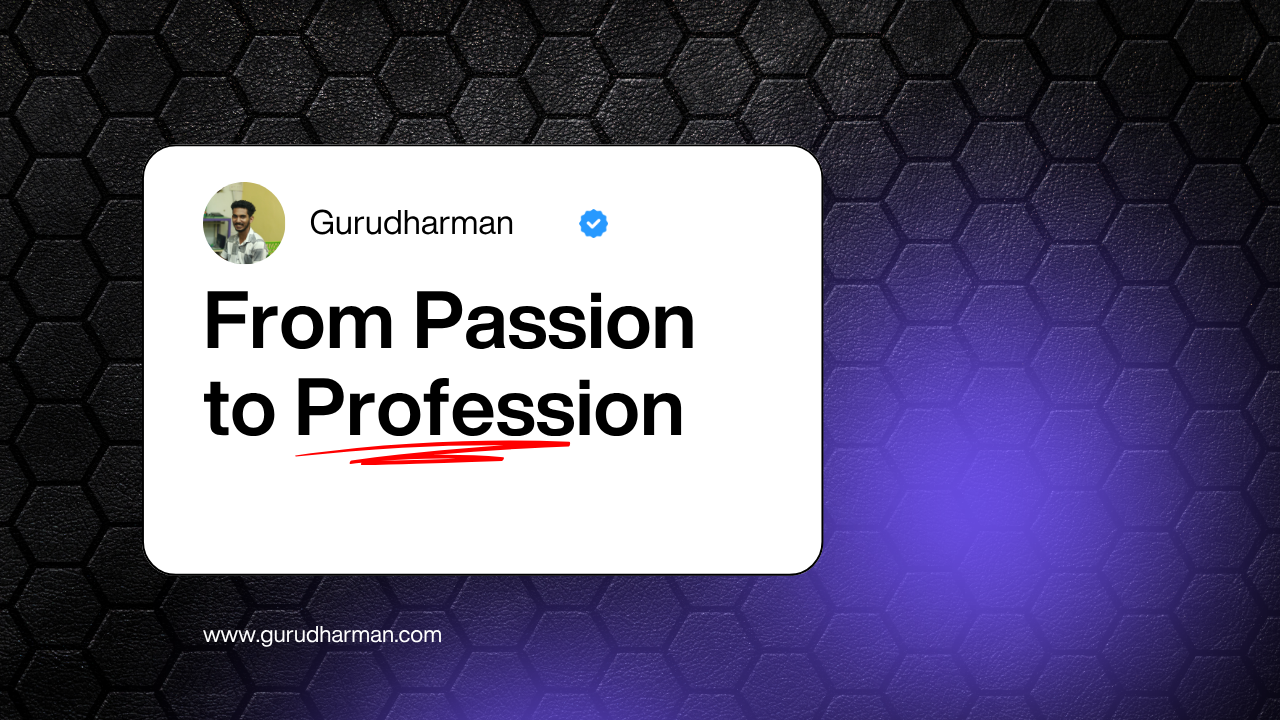In May 2025, Google co-founder Sergey Brin made a statement that could reshape how we think about search engines and SEO: Google’s latest AI advancements can now analyze and synthesize content from the top 1,000 search results to deliver comprehensive summaries for user queries. This development, revealed during a conversation at a recent technology summit and reported by Search Engine Journal, signals a fundamental shift in how Google search operates.
Instead of simply indexing and ranking web pages based on relevance and authority, Google’s AI is now capable of understanding and interpreting vast amounts of information much like a human researcher and presenting a synthesized answer directly in the search interface. For marketers, content creators, and SEO professionals, this means adapting to a more intelligent, conversational, and user-focused search experience.
This blog will explore what this AI evolution means for the future of SEO, how businesses can adapt, and why now is the time to prioritize content quality, structure, and intent over keyword density and traditional ranking tactics.
The Evolution of Search: From Results to Research
Historically, Google search has functioned as a gateway a tool to help users find the best websites related to their questions or needs. But with generative AI embedded into Google’s core search experience (through features like AI Overviews), this model is evolving. Now, when a user enters a query, Google’s AI engine isn’t just returning links. It’s reading, comparing, and summarizing content from potentially thousands of top ranked sources and presenting a structured, AI-generated answer at the top of the page. This isn’t just search. It’s synthesis. It’s a transformation from search engine to research engine.
Why This Matters for SEO Professionals

This shift is more than just a feature upgrade it changes how visibility, traffic, and authority will function in Google’s ecosystem. Here are the key implications:
1. SEO is No Longer Just About Ranking It’s About Being Referenced by AI
In the past, being on page one meant visibility. In this new AI-powered model, being included in the top 1,000 results becomes the minimum requirement. But what really matters is whether the AI chooses your content as part of its synthesized answer. This changes the goal from ranking high to being referenced, cited, or quoted by AI. Google’s AI will prioritize trustworthy, well organized, and clearly written content to pull from which means your content strategy needs to align with those standards.
2. Content Depth, Authority, and Structure Will Take Priority
AI-driven search isn’t just looking for keywords, it’s looking for answers. To be chosen for synthesis, your content must be:
Well-structured: With clear headings, subheadings, bullet points, and concise paragraphs.
Authoritative: Based on expertise, experience, and credibility in the subject matter.
Original and Insightful: AI doesn’t need repeated information it needs unique value.
Factually accurate and up to date: Google’s AI models are trained to verify and synthesize reliable information.
Thin content or keyword stuffed pages are unlikely to make it into the AI’s reference pool.
3. The Click-Through Paradigm Is Changing
With AI-generated overviews answering questions directly, users may no longer need to click through to websites at least not as often. This has two effects:
Reduced organic traffic for some queries, particularly informational searches.
Increased competition to be featured in the AI’s summary, since being part of the answer may become more valuable than the traditional “blue link” position.
SEO professionals will need to optimize not just for clicks but for inclusion in AI summaries. That means answering questions clearly and succinctly within your content.

This shift is more than just a feature upgrade; it changes how visibility, traffic, and authority will function in Google’s ecosystem. Here are the key implications:
1. SEO is No Longer Just About Ranking It’s About Being Referenced by AI
In the past, being on page one meant visibility. In this new AI-powered model, being included in the top 1,000 results becomes the minimum requirement. But what really matters is whether the AI chooses your content as part of its synthesized answer.
This changes the goal from ranking high to being referenced, cited, or quoted by AI. Google’s AI will prioritize trustworthy, well-organized, and clearly written content to pull from which means your content strategy needs to align with those standards.
2. Content Depth, Authority, and Structure Will Take Priority
AI-driven search isn’t just looking for keywords it’s looking for answers. To be chosen for synthesis, your content must be:
Well-structured: With clear headings, subheadings, bullet points, and concise paragraphs.
Authoritative: Based on expertise, experience, and credibility in the subject matter.
Original and Insightful: AI doesn’t need repeated information it needs unique value.
Factually accurate and up to date: Google’s AI models are trained to verify and synthesize reliable information.
Thin content or keyword-stuffed pages are unlikely to make it into the AI’s reference pool.
3. The Click-Through Paradigm Is Changing
With AI-generated overviews answering questions directly, users may no longer need to click through to websites at least not as often. This has two effects:
Reduced organic traffic for some queries, particularly informational searches.
Increased competition to be featured in the AI’s summary, since being part of the answer may become more valuable than the traditional “blue link” position.
SEO professionals will need to optimize not just for clicks, but for inclusion in AI summaries. That means answering questions clearly and succinctly within your content.
What Should Content Creators and SEO Teams Do Next?
To remain competitive in the AI-powered search landscape, businesses and marketers must update their strategies. Here are practical steps to take:
1. Focus on Semantic SEO and Topic Clusters
AI looks at context, not just keywords. Build content around topic clusters a main “pillar” page supported by related subtopics. This helps establish topical authority, making your site more useful to Google’s AI for understanding and reference.
2. Answer Questions Directly and Clearly
Incorporate FAQ sections, structured Q&A formats, and concise definitions into your content. AI prefers content that directly addresses user queries in an easily extractable format.
3. Update and Maintain Evergreen Content
Ensure your high-performing blog posts, landing pages, and product descriptions are current, fact-checked, and aligned with the latest trends. AI tools will prioritize up-to-date and reliable information when constructing answers.
4. Implement Structured Data (Schema Markup)
Structured data helps AI understand the context of your content. Use schema markup for articles, products, FAQs, and more to increase the chance of being included in AI summaries or enhanced search features.
5. Prioritize User Experience and Engagement
Google’s AI takes cues from user behavior. High bounce rates, short time-on-site, or low engagement can negatively impact how your content is perceived by the algorithm. Ensure that your website loads quickly, reads easily, and encourages users to explore more.
AI Isn’t Replacing SEO It’s Redefining It
Many professionals worry that AI will make traditional SEO obsolete. In reality, this evolution presents a new challenge: optimizing not just for search engines, but for AI interpretation.
SEO is no longer about gaming the algorithm with backlinks and meta tags alone. It’s about demonstrating real expertise, delivering clear and trustworthy information, and structuring content in a way that machines can interpret and synthesize effectively.
Content that reads well to both humans and AI is the new gold standard.
Final Thoughts
Google’s latest AI-driven update is a reminder that search is evolving rapidly and our approach to SEO must evolve with it. By focusing on creating meaningful, well-structured, and insightful content, businesses can position themselves as trusted sources in a landscape increasingly shaped by AI.
The AI that powers search today isn’t just retrieving information. It’s thinking, interpreting, and responding just like a human researcher. And as this continues to develop, those who adapt early will have the edge in visibility, credibility, and performance.
Now is the time to audit your content strategy, rethink your SEO goals, and prepare for a future where AI is at the center of the search experience.



